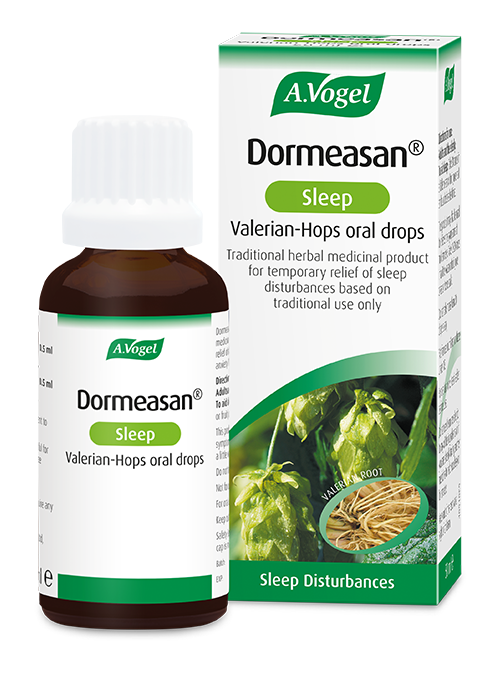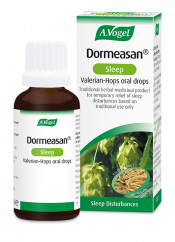Alcohol and sleep
A friend of mine recently started a new job which she was finding very stressful and as a result of which she was having problems with sleep. She would often say that a glass or two of red wine at bedtime was the only way she could get to sleep.
Over a period of time, she has come to rely on her night-time tipple, believing it to be the only way she can have a proper sleep. It did make me wonder how prevalent the use of alcohol primarily as a sleep aid is. According to the Sleep Council, a staggering 7.9 million of us in the UK have used alcohol to help get to sleep.
But isn’t it true that alcohol helps you sleep?
The idea that alcohol will help you get a good night’s sleep is simply a myth. It is easy to understand however why the idea that alcohol helps you sleep is such a commonly held belief. This is because, it’s true, alcohol does help you get to sleep.
Many of us will have experienced the ‘knocking out’ effects of it first hand at one time or another. It does this by inducing an unnaturally fast and deep sleep (the stage known as short wave sleep) for a period of time. However, as Irshaad Ebrahim, director of the London Sleep Centre and author of a study on the subject of alcohol and sleep puts it, ‘the effect of consolidating sleep in the first half of the night is offset by having more disrupted sleep in the second half of the night’.
Alcohol significantly delays the first period of REM (dream state) sleep and when the alcohol wears off in the early hours of the morning, your body will then try and overcompensate for the lost stages of sleep, leading to frequent waking, disturbed, restless sleep and possibly nightmares.
The overall effect, researchers have found, is that drinking alcohol means you spend less time asleep overall, wake more often, and get less REM sleep than you would otherwise. This has consequences the next day: Because REM sleep is so restorative to the brain, not getting enough of it means you will wake up feeling unrefreshed, making it harder for you to focus and concentrate.
Alcohol can lead to longer term insomnia
A team of doctors, from the University of Missouri School of Medicine, studied the effects of alcohol on sleep with the aid of volunteers for more than five years.
They found that those who did drink to induce sleep suffered withdrawal symptoms when they stopped, suffering with insomnia like symptoms – trouble falling and staying asleep, and poor quality, unrestful sleep.
It is easy to forget that alcohol, like sleeping pills, can be addictive and that drinking too much may lead to alcohol dependence. Once a pattern has been established it can become very hard to break.
The conclusion?
Following the five year study at the University of Missouri, the results were clear. As summed up by one of the researchers: ‘based on our results, it’s clear that alcohol should not be used as a sleep aid’. The truth is there are many better options.
Herbs like valerian, for example, can help you get to sleep while improving overall sleep patterns and quality of sleep. Have a look at A.Vogel Talks Sleep for more advice and suggestions.
I believe the problem with using alcohol as a sleep aid is that it all too easily becomes an evening ritual, a way of relaxing after a hard day’s work that you rely on because the brain has started to associate the alcohol with going to bed
What you can do
The good news is that the brain is very ‘plastic’ and suggestible, and if you believe that this is the case for you, the way to change it is to create a new ritual. Over time, the brain will adapt to the new process and similarly begin associating it with sleep, making it easier to get to sleep without relying on that glass of wine.
Some good alternative habits to help you relax at night
Warm baths – They raise your temperature and then when you get out of the bath your temperature drops quite rapidly. This mimics what happens naturally at night – your body temperature drops a degree or two.
Listening to music – Researchers have shown just 45 minutes of relaxing music before bedtime can make for a restful night.
Non alcoholic drinks – A popular natural sleep aid is chamomile tea which has been used for generations to help people to relax and sleep better. Try not to drink anything 2 hours prior to your bedtime to ensure your sleep is not disrupted by trips to the toilet.
Yoga – It helps your body to wind down and your mind to switch off thoughts, helping you to drift into sleep.
Taking herbs – A combination of Valerian and Hops taken just before bed will allow you to slip easily into a restful sleep, help you achieve a better sleep and wake more refreshed.
Reading – many people read before they sleep to help relax their mind. This can also be a good night time ritual as it can help your body recognise that reading at night signals that it’s time to sleep.
Do you rely on alcohol to help you sleep? How do you find your sleep quality? Let me know by using the comments section below.









